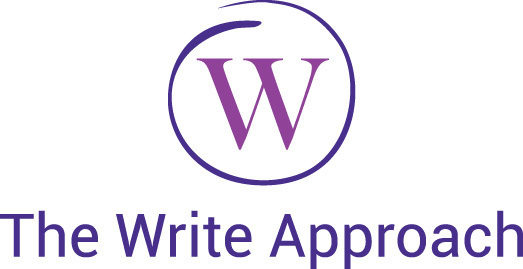Getting past the buzzwords
The other day I came across the terms “Conceptual Copywriter” and “omni-channel”. Despite 20 years in marketing communication, that was new language for me.
After asking a couple of questions and conferring with really smart people (who had also never heard the term before), I figured out that integrated marketing campaigns for multiple channels had been given new fancy names.
Marketing buzzwords can be intimidating. Words that are meant to impress end up making people feel like they don’t know what they’re doing. You may be able come up with a strategy for advertising your business, but do you really know how to do a content marketing strategy?
Times change, language changes, but does the meaning change?
Some words go in and out of fashion, but their meaning has probably been around for ages. Some are existing concepts that are now more web or social media related. Some may actually be new concepts. Putting the buzzwords asides, there can be some interesting new ideas.
Content strategy and content marketing
Content marketing is about using information to promote yourself or your business without overtly selling. You’re sharing information and articles that serve to educate, entertain or help your customer. It creates goodwill and helps to establish you as an expert. In the past, business owners were told that a great way to build their business was to write articles or present workshops. Now it’s about having a blog and sharing articles. The Content Marketing Institute has a fun video about the history of content marketing that shows it really isn’t anything new.
SEO
SEO, or search engine optimization, refers to making your online content attractive to search engines so your site moves up in the results when certain words are searched. There are helpful articles on how to improve SEO, but Google is constantly shifting and changing how results happen. The best rule is to have relevant content (information that is actually related to the search term, not just a page that uses the certain search or keywords over and over again). Content should also be updated regularly.
Localization
This term comes up when a company is looking to expand to other countries. It usually means making marketing material more relevant to the local audience and understanding that country’s customs and norms. I’ve also heard this term used to describe translating material into other languages.
Digital Marketing
This is the shift from traditional advertising and marketing strategies to include online and computer based tactics. A digital campaign could include website, email campaigns and a myriad of social media tactics. There are lots of opportunities but it doesn’t have to be overwhelming. What’s important to know is that what’s effective on paper may not work as well online.
 Native advertising
Native advertising
This term is a head scratcher for me, because there is nothing particularly native about it. It really means paid content. In the olden days, it was something like an advertorial in a newspaper, where companies paid for ads that looked liked articles. Now it can include sponsored hashtags on Twitter or a paid Buzz Feed article.
Engagement
The concept with engagement is that it isn’t enough for people to see your information. You need to get customers to engage with you. “Like” your post on LinkedIn. Retweet your tweets on Twitter. Comment on articles. To practice this concept, please go ahead and retweet this article and like it on LinkedIn and leave a comment below.
White paper
I haven’t heard a really excellent definition for a white paper. The best I could find is that it is a marketing document that is designed to persuade the buyer by giving detailed factual information about the product. It often concentrates on technical aspects. Here are instructions for writing a white paper that provides a solution to a specific problem (others would call that a Case Study).
When you hear a term or phrase that leaves you saying “What the what?”, the person using the phrase may not intend to be intimidating. It’s easy to fall into the trap of using jargon. Just keep asking questions and don’t be intimidated. The definition is likely much more simple than you think.
Here are a few more fun articles about buzzwords and their meanings:
Buzz or Bull. The top 21 digital buzzwords of 2014 & 2015
The Ultimate A-Z Marketing Buzzwords Bible

